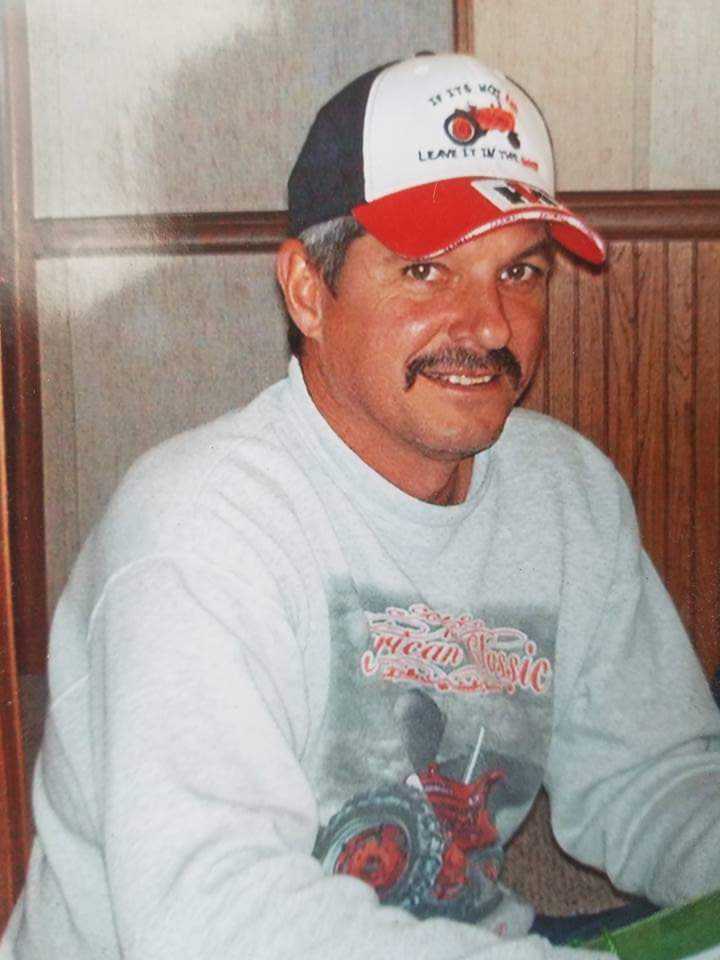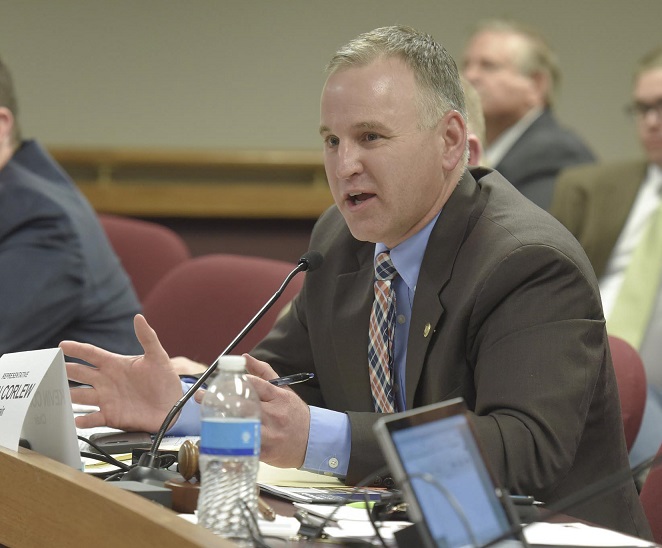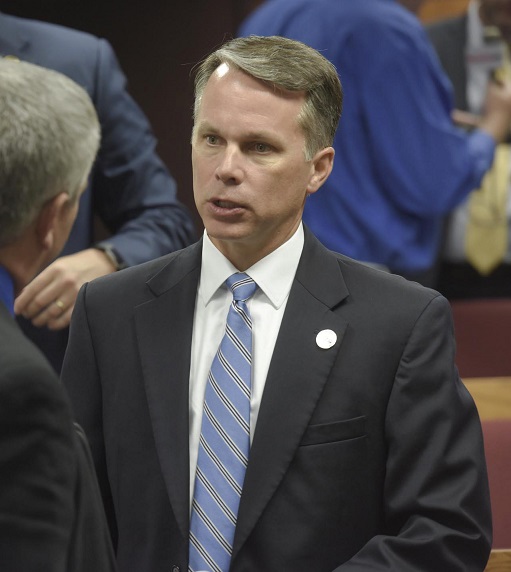The family of a highway worker killed at a job site hopes a law signed this month will keep others from facing the same tragedy.

The driver who struck and killed Lyndon Ebker in a work zone near New Haven more than three years ago had impaired vision, but was allowed to keep driving until this past November when his license was revoked for life. Ebker’s family and the Department of Transportation said that driver put others in danger and he should’ve been forced off the roads more quickly.
House Bill 499 would require the Department of Revenue’s Director to revoke a driver’s license if a law enforcement officer reports that the driver’s negligence contributed to a worker or emergency responder being hit in a work or emergency zone.
Ebker’s daughter, Nicole Herbel, pushed for the legislation, which was signed into law this month by Governor Mike Parson (R).
“I just want people to think about it when they’re seeing the cones or the orange flags, even the trucks, I want this law to make them stop and think, ‘That gentleman was hit and killed because somebody didn’t slow down,’ or even just to remember that they’re humans that are standing there,” said Herbel. “Awareness really is the biggest thing for us.”
The accident that killed Ebker happened in Representative Aaron Grieshemer’s (R-Washington) district, and he sponsored HB 499. He said he was concerned with how long the man who killed Ebker was allowed to keep driving while his case moved through the courts.
“I have heard stories from some MODOT employees that worked with Mr. Ebker that feared for their lives because knowing that this gentleman was out there driving still,” said Griesheimer. “I’d heard another report that he had almost hit somebody else in the City of Hermann, so it was definitely a safety factor involved in this.”
The legislation was a top priority for the Department of Transportation this year, so much so that MODOT Director Patrick McKenna testified for it in a House committee. He told lawmakers it was needed to help protect the agency’s workers.
“We try to keep our roads primarily open while we’re working on them. It’s a considerable challenge, but we have to do it safely so we can honestly look at our employees and say the way that we’re structured will guarantee you the ability to go home every single day after shift to your family and friends, every time throughout your entire career,” McKenna told House Communications. “We have a memorial here just about 100 yards from where I’m sitting right now with the names of not only Lyndon Ebker, but 133 other MODOT employees that through our history have lost their lives providing public service on behalf of Missouri.”

McKenna thanked all those involved in getting HB 499 through the legislative process and into law, including Rep. Griesheimer, Governor Parson, the Ebker family, the bill’s Senate sponsor, Senate President Pro Tem Dave Schatz, and Justin Alferman, Parson’s legislative director who also filed the legislation when he was a state representative.
Herbel said though her family suffered a tremendous loss, they didn’t back HB 499 out of seeking revenge. She said they were doing what her father would’ve done.
If a driver’s license is revoked under the new law, the license holder can seek its reinstatement by taking and passing the written and driving portions of the driver’s test, or petitioning for a hearing before a court local to the work zone where the accident occurred.
HB 499’s language is also included in Senate Bill 89, which has also been signed by the governor. Both bills effect August 28.
Another provision in HB 499 increases the fees licenses offices can charge for state services, such as issuing driver’s licenses and license plates.
Earlier stories:
House proposes tougher license revocation laws for those who hit workers, emergency responders
Family of MODOT worker killed in work zone asks lawmakers to toughen license revocation law



